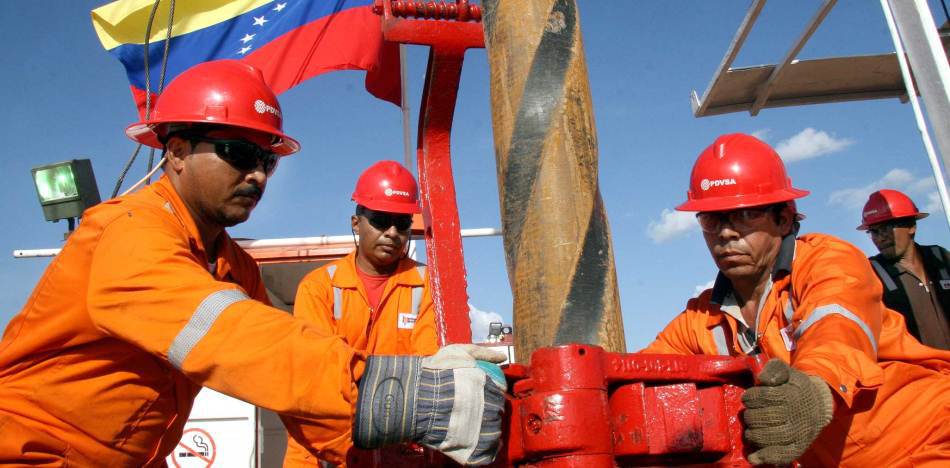Next week, a top Venezuelan team will visit Moscow to ink key oil and gas agreements. The Vice President of Venezuela, Delcy Rodríguez, will lead the delegation.
They plan to attend Russia’s Energy Week. Earlier in July, Minister Pedro Rafael Tellechea had also visited Russia.
He met with Deputy Prime Minister Alexandr Novak to discuss energy.
Both countries aim to deepen their cooperation in this sector. Official Russian statements indicate mutual interest in energy and multilateral platforms.
The nations actively work together within larger entities like OPEC+. Additionally, they engage in the Gas Exporting Countries Forum.
Russia is helping Venezuela modernize its oil and gas sector. Both are working to bring Russian technology into Venezuela’s energy production.
They focus on production and refining processes. The goal is to optimize Venezuela’s energy capabilities.
To add context, the collaboration mirrors a global trend toward solid international alliances. Russia aims to expand its global reach through such partnerships.

Meanwhile, Venezuela seeks to upgrade its energy assets to stay competitive.
These moves are part of a larger shift in global power dynamics, as countries leverage energy to strengthen ties.
Background Venezuela and Russia Energy Ties
This alliance offers Venezuela a chance to rejuvenate its struggling energy sector. It also provides Russia an opportunity to solidify its presence in Latin America.
Moreover, both countries gain a reliable partner in a volatile global market.
On the global stage, this partnership sends signals to other energy giants like the United States and Saudi Arabia.
It represents a move to diversify alliances and reduce dependency on Western partnerships.
These collaborations could influence the strategies of entities like OPEC and the Gas Exporting Countries Forum.
In terms of comparison, the Russia-Venezuela alliance seems to echo China’s Belt and Road Initiative, which also aims to forge robust international links.
However, this partnership focuses more on resource sharing rather than infrastructure development.
It sets an example for smaller nations seeking alliances based on mutual needs.
Finally, the alliance could impact global energy prices, adding a new layer to geopolitical tensions.
It is crucial to monitor how these alliances evolve and what they mean for the global landscape.

